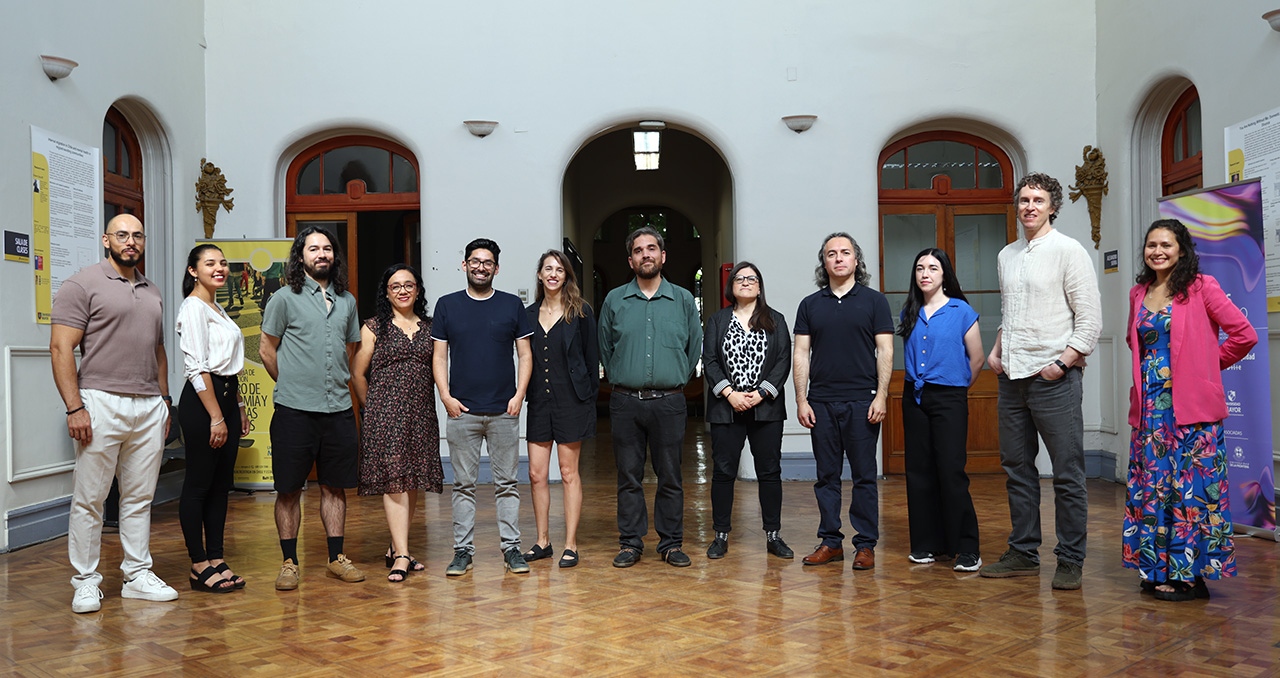Dr. Silva Gallardo investigates developmental risk factors that increase the risk of early onset, continuation, and concurrent use of nicotine-containing devices with other addictive substances during adolescence.
Her main research topics are: (1) the etiology and risks of drug use among adolescents; (2) the genomic and pharmacological mechanisms associated with the use of nicotine and other drugs; (3) the use of electronic nicotine-containing (ENDS) and THC-containing devices among adolescents. Her most recent publications focused on assessing developmental risk factors associated with e-cigarette use and subsequent use of illicit substances, including cannabis and cocaine; both projects used longitudinal and contemporary data from UK adolescents.
Constanza received her Master's and Ph.D. in Biobehavioral Health from the Pennsylvania State University (Penn State). During her doctoral training, she obtained two training grants (T32) from the National Institute of Health (NIH), the National Library of Medicine (NLM), and the National Institute of Drug Abuse (NIDA) of the United States. These training grants were in Big Data (B2D2K; 2017-2019) and methodologies and prevention (PAMT; 2019-2021). She currently works at the Penn State Criminal Justice Research Center (CJRC). She is a young researcher for the Millennium Nucleus for the Evaluation and Analysis of Drug Policy (nDP) in Chile. Dr. Silva Gallardo's research approach is interdisciplinary and translational. It aims to integrate different types of data to address the complexities of nicotine addiction and its co-use with other substances at different developmental stages. Finally, she is one of the co-founders of the Science and Communities Study Group, which seeks to link scientific work with people belonging to Indigenous groups in Chile.








